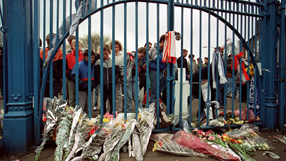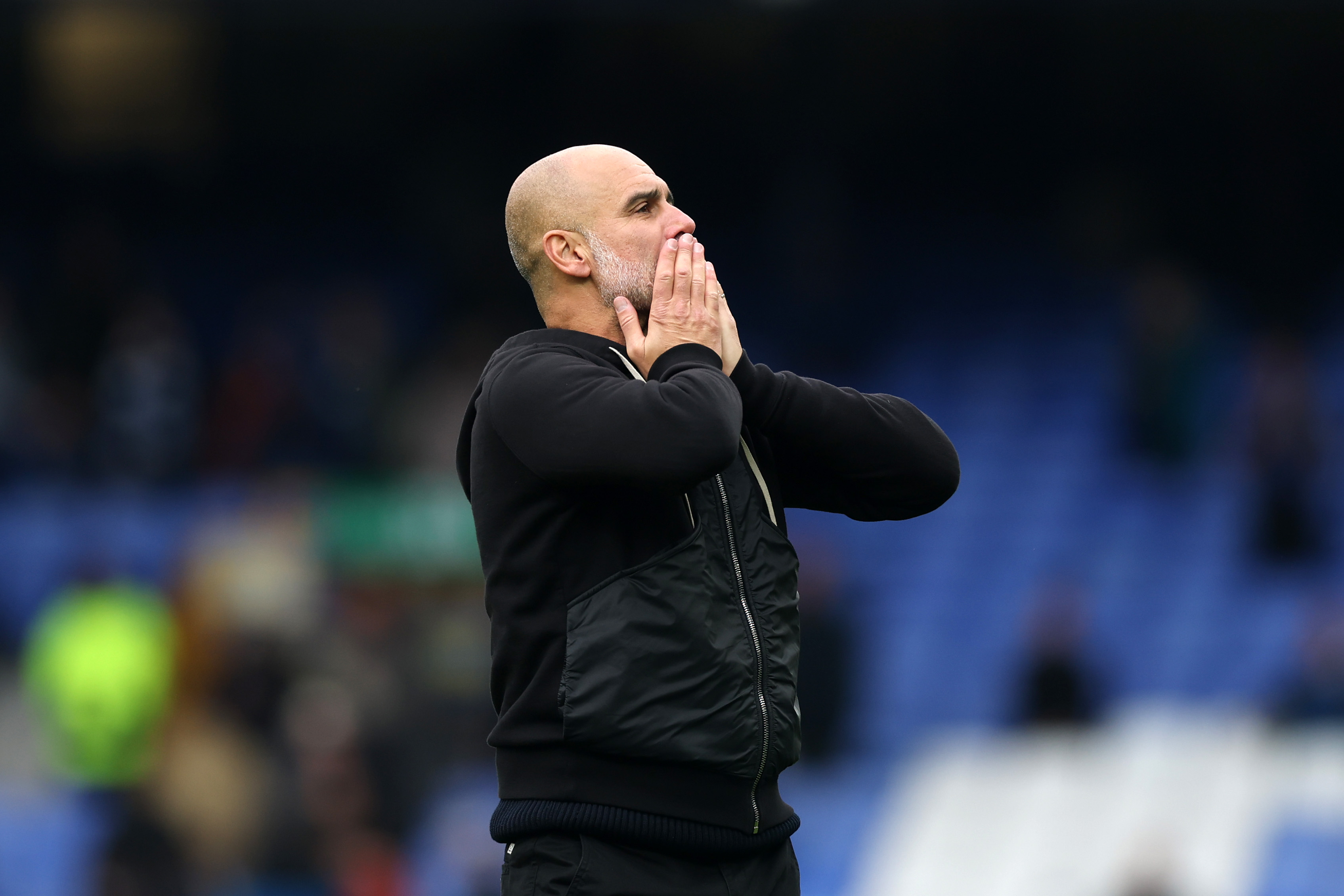Officer: We let Hillsborough fans down
LONDON - Police constable Tom Whiteley expected a party atmosphere when he went on duty at Hillsborough for the 1989 F.A. Cup semi-final. Instead, by the end of the afternoon, he had carried three dead Liverpool fans to a makeshift morgue set up in the stadium's gym.

They had been crushed to death after being caught in an overcrowded terrace at the Liverpool end of the ground for the match against Nottingham Forest. In all, 96 people died, making it Britain's worst stadium disaster.
In the aftermath of the tragedy, police were criticised in an official report for their failure to control the situation. It led to the removal of fencing at the front of stands and all-seater stadiums, transforming the look and feel of English football grounds.
For Whiteley, a 28-year-old inexperienced officer, on duty at Sheffield Wednesday's ground on April 15, 1989, the disaster sparked a fundamental shift in his outlook on football matches -- from crowd control to public safety.
"Everybody expected it to be a good day, a day when members of the public, families, spectators could come and enjoy a sporting event and we seriously let people down that day because we didn't keep people safe," Whiteley, now a detective inspector with South Yorkshire police, told Reuters.
Whiteley at first thought it was a pitch invasion, but soon realised "we had a serious disaster on our hands".
He said: "Clearly people were laid out on the ground. People were being dragged out...were being pulled over the fence, but were still being crushed against the fence."
Ambulances could not get on the pitch so police and spectators carried survivors by their arms and legs and on advertising hoardings.
Get FourFourTwo Newsletter
The best features, fun and footballing quizzes, straight to your inbox every week.
Whiteley said: "If you can imagine there were dozens of people and it was just a priority to move them if they could not be resuscitated from an area where more people were filling the space."
He added: "The last person I carried was somebody who we'd been trying to resuscitate for several minutes before giving up and at that point we put him on a stretcher and moved him away. All the people I carried were clearly dead.
"BURSTING HEART"
"It's difficult, you make these journeys with these stretchers and you're in full police uniform, you've got your helmet on, you feel like your heart is actually bursting through your chest.
"It was a continual flow of people for quite a period of time. The gym was quite a big area and it was full of bodies when we had finished. It's difficult to envisage what over 90 bodies looks like and a difficult situation to deal with."
He said many police officers and fans helped, "stepping forward and taking responsibility".
"But equally you have got people who were disorientated, police officers who I had known for a considerable amount of time were in tears and disorientated and finding it difficult just to function in that particular situation," he said.
"It's 20 years ago and it's difficult to imagine what it's like in that situation, to experience that, the noise, the people, the disorganisation."
The thought that he did all he could has helped over the years.
The week after the disaster he took up his planned
